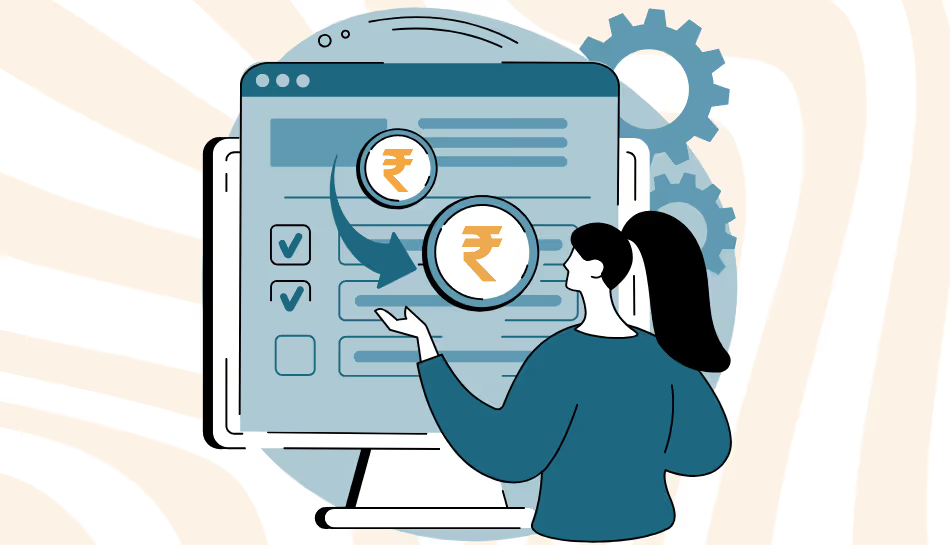The world of finance is evolving faster than ever. What used to be a paper-heavy, time-consuming process has transformed into a digital-first environment where speed, accuracy, and insights drive decision-making. At the heart of this change lies accounting software. From small businesses to global enterprises, organizations are embracing new tools to streamline financial management. As we look ahead, the future of accounting is inseparable from the rise of intelligent and automated solutions.
The Future of Accounting Industry
The future of accounting industry is no longer just about balancing books or filing tax returns. Instead, it’s about creating real-time visibility into financial performance and enabling businesses to make strategic decisions quickly. Accountants are becoming advisors rather than simply record-keepers, using technology to provide insights into growth, profitability, and compliance.
This shift means that businesses of all sizes will need accounting systems that can automate repetitive work while unlocking meaningful analysis.
Emerging Trends in Accounting
Several emerging trends in accounting are shaping how professionals work and how businesses manage money.
- Automation and artificial intelligence (AI) are taking over manual tasks like data entry and reconciliation.
- Cloud-based platforms are making financial data accessible anytime, anywhere, which is particularly important for companies with remote or hybrid teams.
- Integration is another important trend. Modern tools don’t work in isolation, they connect with CRM, ERP, payroll, and tax systems. This connectivity reduces errors and makes operations more efficient.
In short, the accountant of tomorrow won’t just log transactions, but will rely on data-powered systems to drive strategy.
The Future of Accounting Software
The future of accounting software is all about simplicity and intelligence. Businesses don’t just want digital books; they want tools that provide instant reports, cash flow forecasting, and compliance checks. With governments digitizing tax systems, software is evolving to ensure businesses remain compliant without extra effort.
We’ll also see increased personalization in financial tools. Startups, small businesses, and large enterprises all have unique needs. Accounting platforms will become more flexible, offering modules that fit industry-specific requirements.
Future of Finance and Accounting
Looking at the broader future of finance and accounting, we see a world where technology eliminates silos. Finance teams won’t waste hours gathering data from different systems, they’ll rely on dashboards that show everything from expenses to profits in real time.
For example, a small business owner might log into their accounting software and instantly see outstanding invoices, monthly expenses, and projected cash flow. This visibility means better decisions, faster responses to challenges, and improved growth opportunities.
Efficiency Gains from Accounting Software
So, how does accounting software deliver efficiency gains?
- Time Savings: Manual entry and spreadsheet tracking take hours. With automation, invoices, payments, and reports are generated instantly.
- Error Reduction: Automated systems reduce the risk of human mistakes, which can be costly in finance.
- Compliance Support: Tax rules change often, but accounting software keeps businesses updated and compliant.
- Data Insights: Instead of looking backward at past numbers, businesses can forecast future trends.
- Scalability: As businesses grow, the software adapts, handling larger volumes of transactions without additional manpower.
These benefits make modern tools indispensable.
Accounting Software Trends to Watch
Some of the most impactful accounting software trends we can expect to dominate include:
- AI-driven automation: From fraud detection to smart reporting.
- Cloud-first adoption: Secure, remote, and always up-to-date.
- Mobile-first design: Managing finances on smartphones.
- Blockchain integration: Bringing transparency and security to transactions.
- Industry-specific customization: Tailored modules for sectors like retail, healthcare, or manufacturing.
These innovations ensure accounting keeps up with the fast pace of business.
Final Thoughts
The future of accounting and finance is bright, digital, and intelligent. As businesses navigate growth and complexity, accounting software will become the central hub for decision-making. By embracing these tools, companies save time, reduce costs, and gain a competitive edge.
For anyone looking to stay ahead in the future of accounting industry, adopting modern software isn’t just an option, it’s a necessity.



